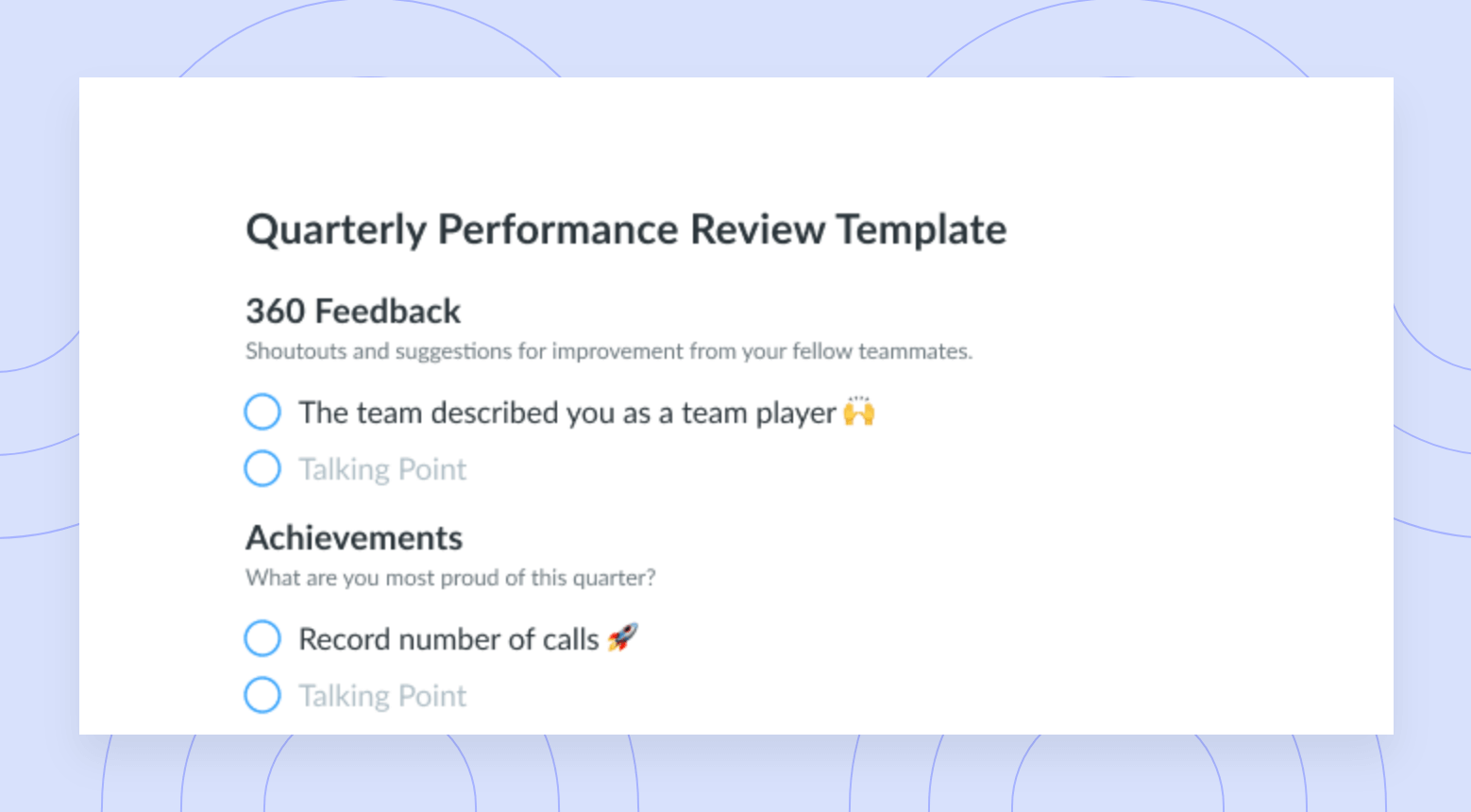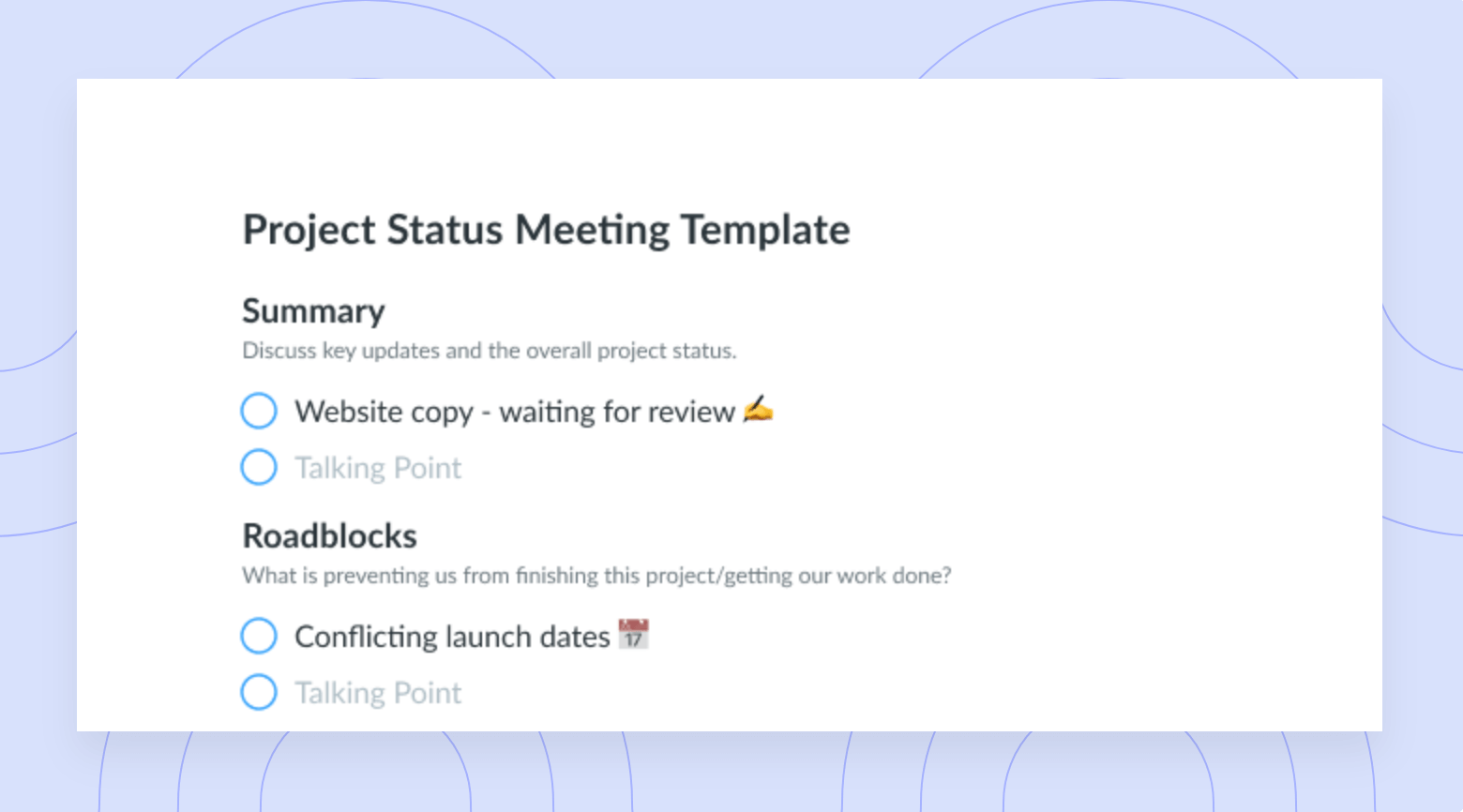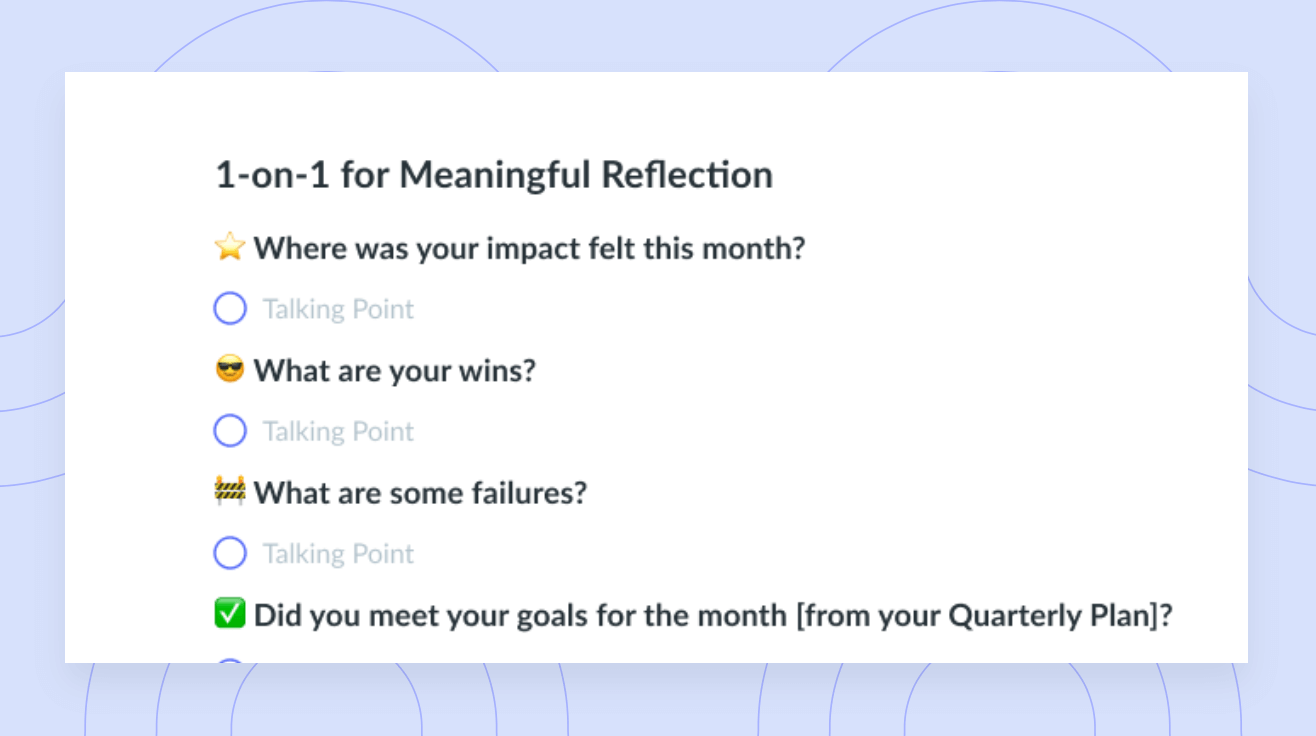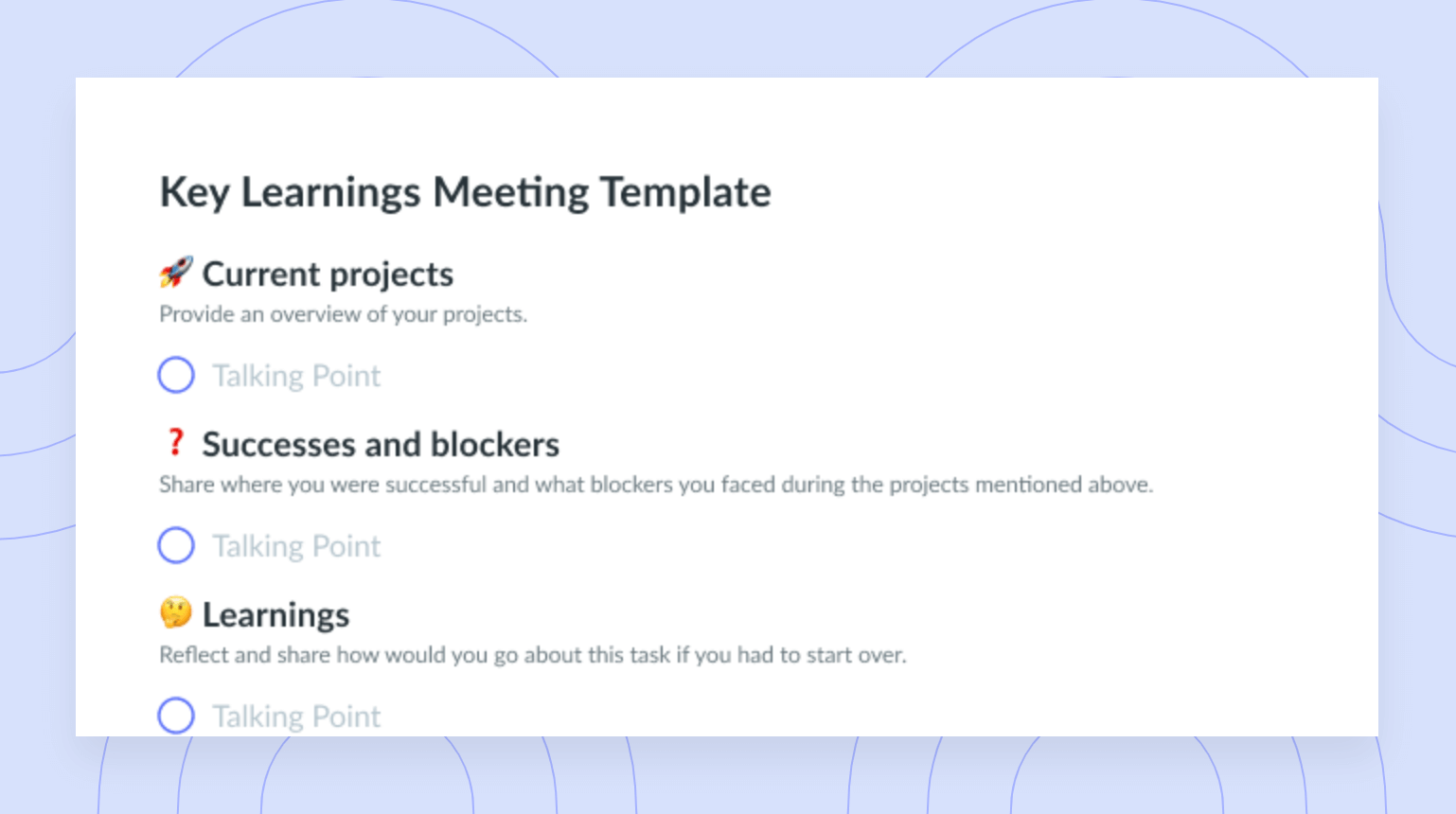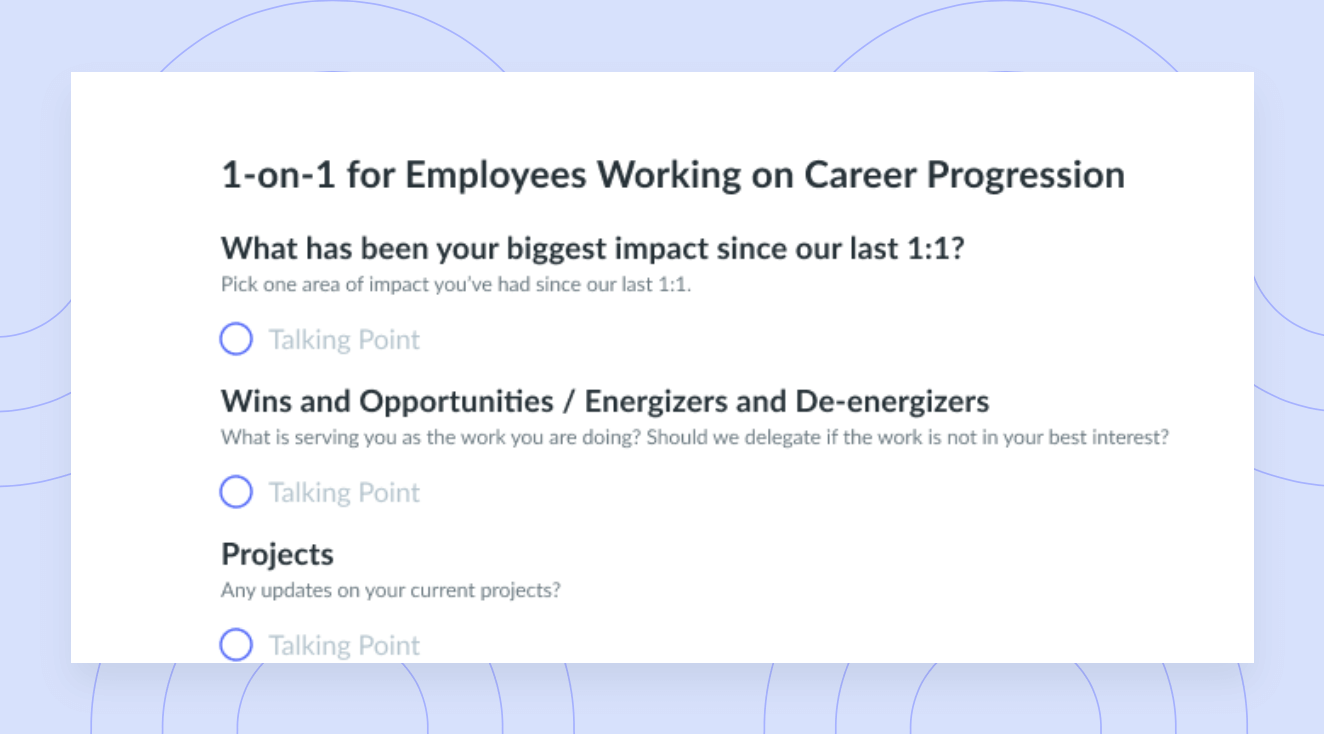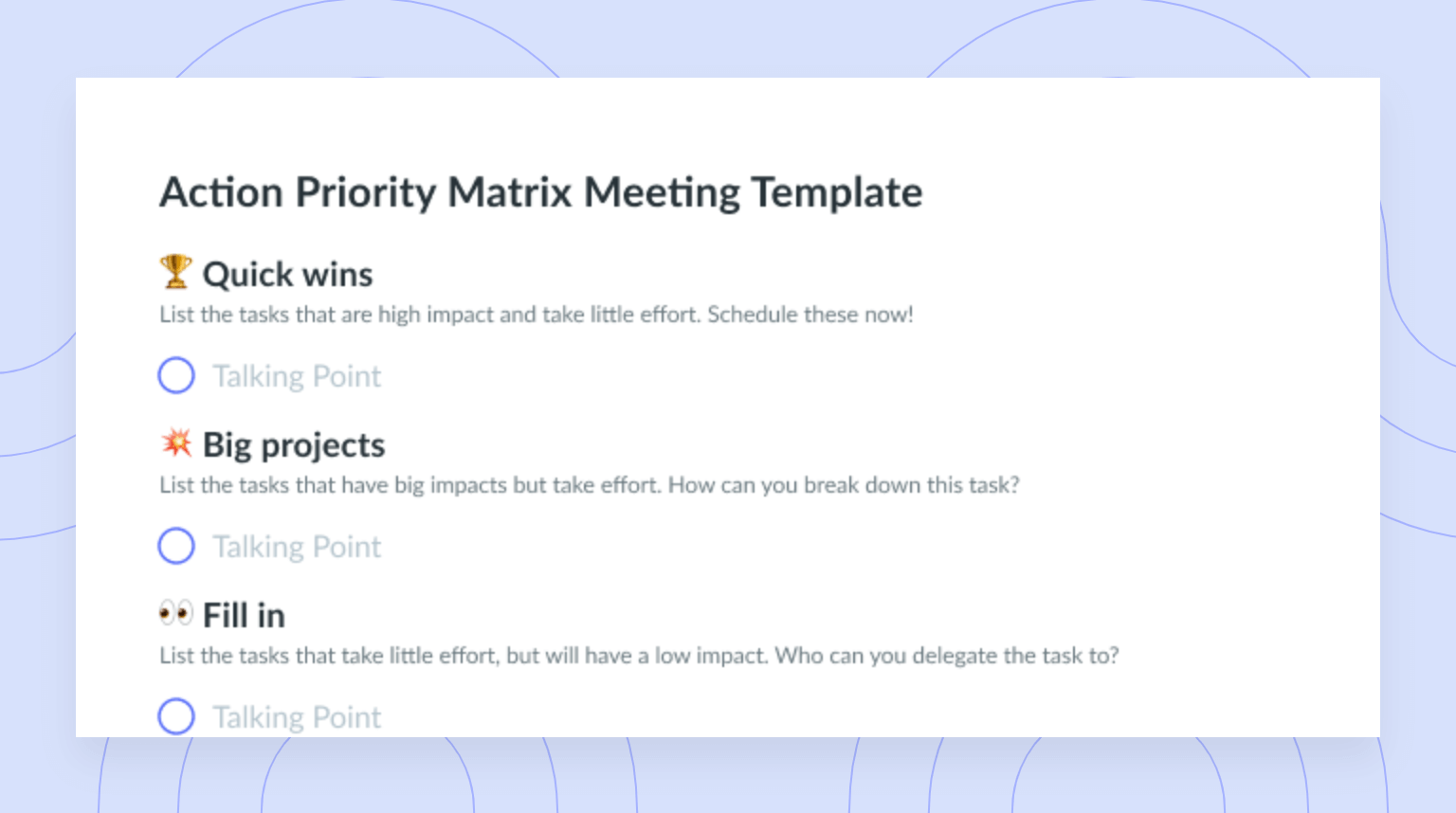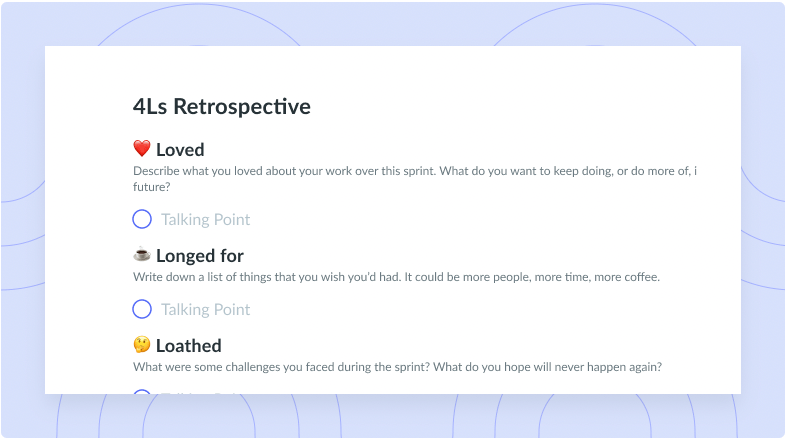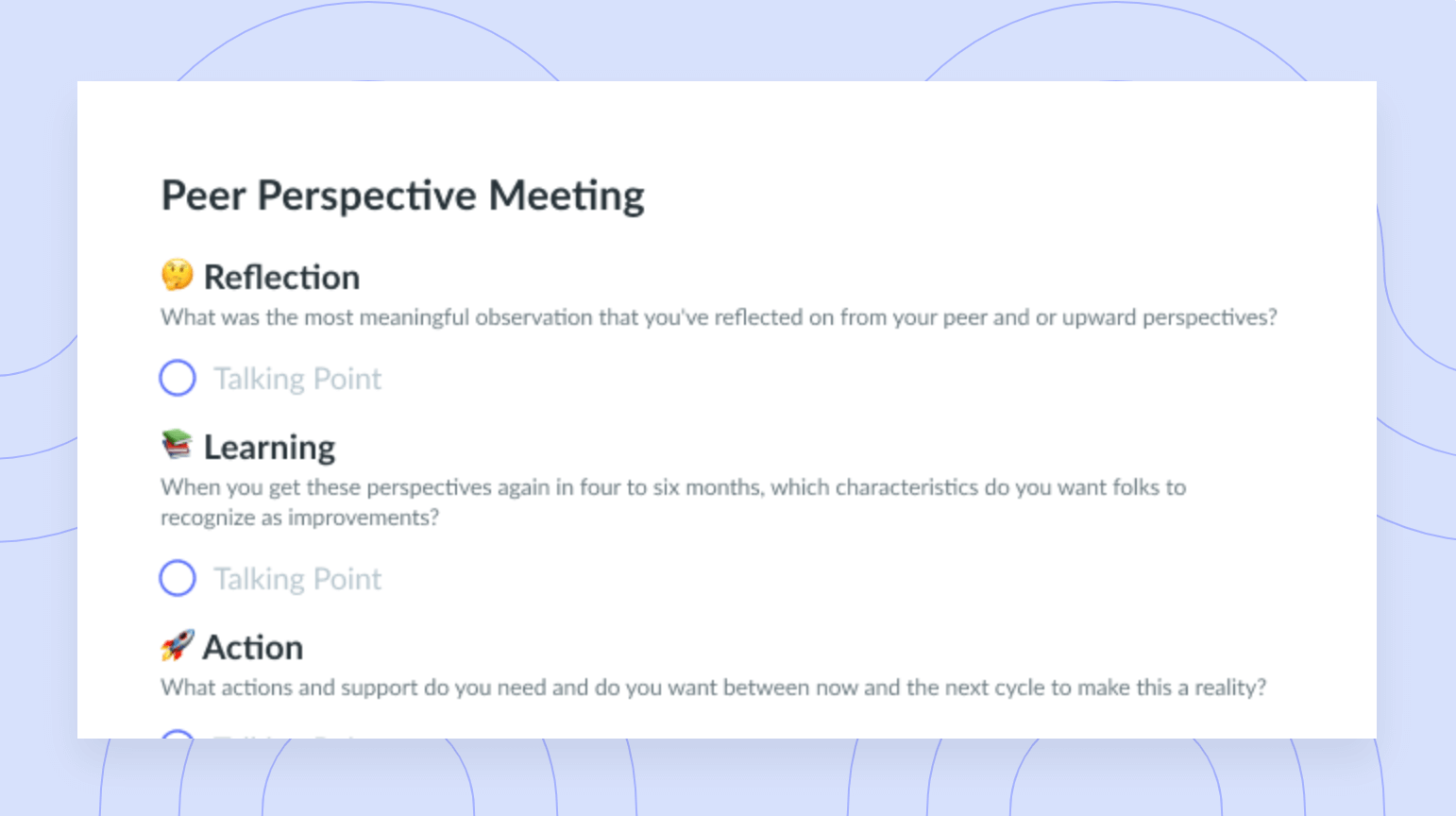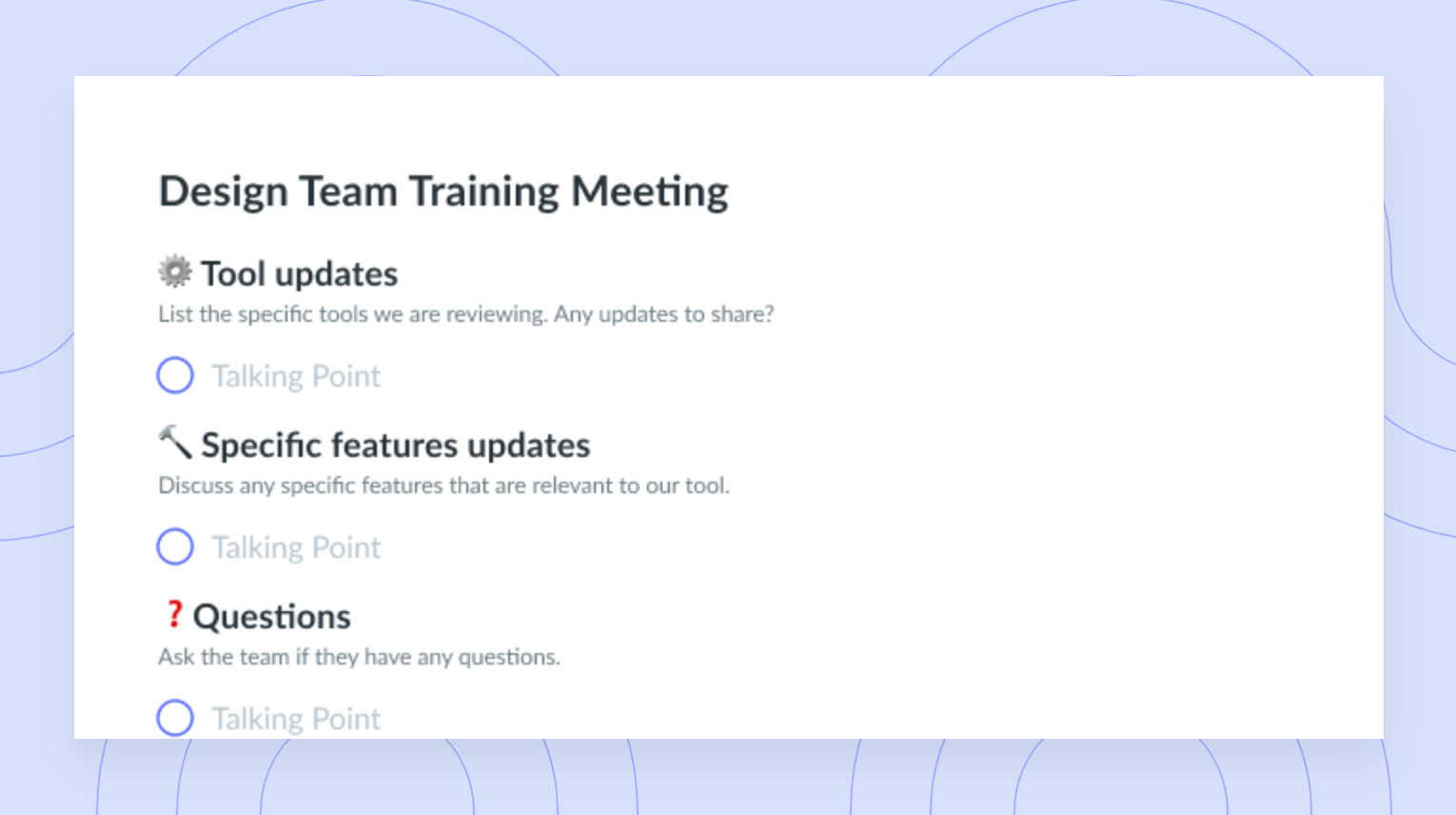9 Ways to Overcome Procrastination in the Workplace
How can you overcome Procrastination? Try these 9 ways to overcome procrastination in the workplace to stop delaying your work.
Are you someone who lives from deadline to deadline?
Do you find it hard to do even basic tasks?
Do you just mindlessly scroll through Instagram during work hours and then slog away when the project is due?
Well, just so you know, you aren’t alone in these habits, and they’re normal, too.
But what’s causing them?
What’s the thing that’s hindering your progress? Procrastination.
Don’t worry, it’s not your phone addiction or laziness. But to overcome procrastination, you have to understand it first.
What is procrastination?
Procrastination is the act of delaying something you’re supposed to do until the last minute because you don’t want to do it. It means that you’re voluntarily delaying your work and doing something unimportant just because you are not willing to complete the task right away.
Many people often confuse it with laziness but it is far different. This habit is a much larger issue than laziness. People who often procrastinate have to face consequences in the long term like low grades, job loss, and many more.
Nobody will like losing their job. People are willing to change but they can’t. Let’s understand why it happens at first.

Beat procrastination
Track your tasks and plan your day more effectively with a management tool like Fellow!
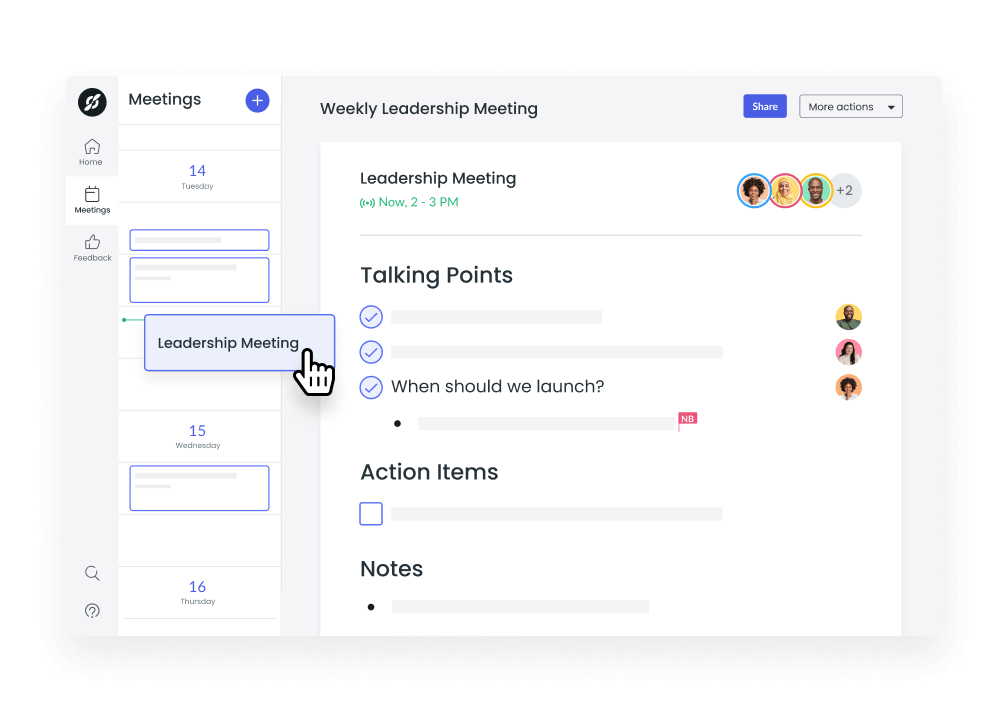
Why do people procrastinate
- Tasks are vague
- Instructions are unclear
- Expectations are unrealistic
- You have a fear of failing
- You aren’t motivated
1 Tasks are vague
People procrastinate because they have vague or unclear tasks in their minds. For example, if you’re tasked to “write an article about productivity and submit it,” you will most likely procrastinate the article as it’s not clear when to submit it or what the other article expectations are. Instead, if you’re tasked to “write a 2000 word article about productivity and submit it by Monday,” then you might be more likely to take action on it sooner than later.
Your brain relaxes when you don’t have any deadlines to follow. However, clear and concise instructions make your mind alert and push it to take some action. Always try to get the specifics of your vague tasks, and you can do wonders.
2 Instructions are unclear
A lot of us get confused and are unable to work because of unclear instructions. For example, your manager may ask you to create a performance report for the last month with very few instructions. In this situation, it is unclear to you what to exactly include in your report and what your manager wants to see.
Many times we fear asking for instructions from our seniors. Here, you fall into the trap of analysis paralysis. You’ll start thinking about different ways of doing it but won’t be able to work on any of them. You can easily avoid analysis paralysis by asking for proper instructions.
3 Expectations are unrealistic
A lot of times, we set unrealistic goals and expect them to be achieved, but when we can’t achieve our goals right out of the gate, we lose motivation to achieve them.
Setting unrealistic expectations will do more harm than good. Doing so destroys the will of working towards the goal and forces us into inaction. To avoid these negative effects, you can set realistic goals and start working towards them steadily to achieve unrealistic results.
4 You have a fear of failing
“Fear kills more dreams than failure ever will,” said writer Suzy Kassem.
Fear ruins our self-belief and stops us from achieving great things in life. It’s also one of the major reasons we procrastinate. We stop taking action or we don’t start any tasks at all because we fear failure. We just can’t see ourselves as a failure and therefore we delay doing certain tasks.
Successful people have a good habit of failing. They dare to accept themselves as failures and therefore they succeed. You have to learn to accept yourself as a failure and only then will you succeed in completing your task and living your best life. Just know that whatever you’re trying to accomplish can be done!
5 You aren’t motivated
The actions we take are propelled by motivation. If we don’t have the motivation to do a particular task, then we won’t do it. A lot of factors contribute to low motivation. Maybe you get tired of working, or maybe you don’t like the task that you’ve been assigned. Nevertheless, you have to maintain self-discipline to execute a task successfully.
To find motivation, you can attach certain rewards to the tasks you’re working on. Remember when our parents used to bribe us with candy or allowances for every successful task that we did? Guess what? This trick will work for you now, too. You’ll get the motivation to work if there’s a positive outcome related to your task being completed.
9 ways to stop procrastinating
- Use time blocking
- Turn your devices on “do not disturb”
- Set small milestones to reach the larger goal
- Make use of a task or project management tool
- Change your environment
- Surround yourself with people who motivate you
- Develop personal accountability
- Ask for guidance
- Set strict deadlines
1 Use time blocking
You can use the time blocking method to manage yourself and your daily tasks. Time blocking is a great time management technique. You can assign multiple tasks to yourself and block specific times of the day to get the work done. This technique will help you to focus more on your tasks than you’d be able to with a simple to-do list.
To make time blocking more interesting, you can merge similar types of tasks and complete them in one go. Or, you can select one day instead of a slot and start doing all the similar tasks on that day. For example, you can do all your marketing tasks on one day and sales tasks on another day. You have to make a priority list of tasks and then set aside some time blocks for work and breaks accordingly.
2 Turn your devices on “do not disturb”
“I fear the day when the technology overlaps with our humanity. The world will only have a generation of idiots,” said Albert Einstein.
As predicted long ago by Einstein, we’re slowly moving towards a generation of people who rely heavily on technology. Smartphones have been proving more of a curse than a benefit nowadays. People aren’t able to control their smartphone addiction. We get easily distracted by mere notifications, and our inability to control ourselves pushes us to procrastinate.
You can overcome procrastination by setting your devices to “do not disturb.” Alternatively, you can keep our devices away from your workplace or in another room while you’re working. This will help you inhibit procrastination and focus more on your tasks.
3 Set small milestones to reach the larger goal
“A journey of a thousand miles begins with a single step,” said philosopher Lao Tzu.
We often become overwhelmed by the work we have to do. We start thinking of completing all the tasks in one day, and that isn’t possible. These large goals often intimidate us and push us into a vicious cycle of inaction. Now, what can we do to break this cycle?
We can break larger goals into smaller tasks. This process will serve two benefits: we’ll get instant gratification by completing the smaller tasks, which will push us to do more, and we won’t feel overwhelmed anymore and will eventually reach the larger goal!
4 Make use of a task or project management tool
Nowadays, you can use task and project management tools like SmartTask, Fellow, Asana, or ClickUp to create a to-do list of tasks to manage work-related activities. These tools also help you set milestones, track action items, set reminders, balance multiple projects, and collaborate with team members from one platform.
There are also many goal-setting and tracking apps available such as Strides, ATracker, and Habitica for personal goal setting.
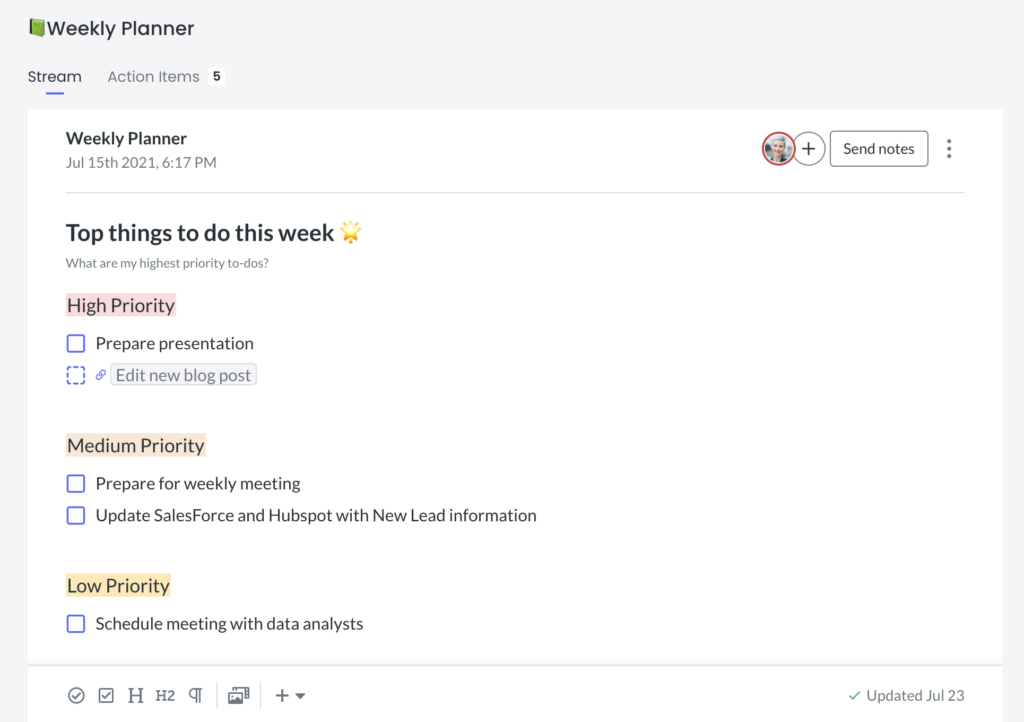
5 Change your environment
Sitting in the same environment for a prolonged period makes us disinterested in our work. You can get easily distracted and bored by sitting in the same place every day. Regardless of whether you are working from the office or at home, you’re bound to procrastinate if you don’t ever change your environment.
Switching over to a different environment while working can help you to overcome procrastination. Try changing desks if you’re working from the office and watch your productivity increase. You can also go on a staycation or change the room in which you work if you’re working from home. Doing this will help you get the productivity boost you need!
6 Surround yourself with people who motivate you
“If you want to go fast, go alone. If you want to go far, go together,” said author Victoria Odoi-Atsem.
Having company is almost always a great idea. We always prefer to work alone and decide what we have to do by ourselves. It can be nice to have someone beside you who motivates you to do your best work. Working with a friend will elevate your mood and make your boredom disappear and as a result, you’re less likely to procrastinate!
You should work with someone who is optimistic in their approach and motivates you to do more constantly. The vibe of your workspace changes with the person and productivity will eventually sneak in. You can try this with your friend, colleague, or even a family member. You can also join a community like this one on Facebook where people help each other to tackle procrastination and increase productivity.
7 Develop personal accountability
Sometimes we procrastinate because we don’t see a given task as being our responsibility. We believe that it’s not our job to take care of the whole task.
However, we have to start developing personal accountability for our work if we want to stop procrastinating. We can do this by avoiding blame games and instead of making SMART goals for ourselves. We have to start owning up to our mistakes and by doing so, we’ll develop a habit of delivering what we promised.
8 Ask for guidance
We all face issues every once in a while, and we often need someone to guide us through them. But how many of us actually ask for advice?
None. And that’s where the whole problem lies.
We tend to think of ourselves as experts in everything and don’t take advice from anyone. But, as soon as life starts giving us hard times, we start thinking of ourselves as losers and procrastinating tasks that can be done easily with someone’s guidance.
You can always ask for help if needed. Everyone has had a rough time at some point, so rely on the wisdom of others and seek their advice for increasing your productivity.
9 Set strict deadlines
Setting strict deadlines is the best way to overcome procrastination. You can either set them in a planner or can use productivity tools like Fellow, Asana, SmartTask, or Trello to help you. These deadlines can help you to push yourself by keeping your mind alert.
We all have a habit of pushing deadlines and delaying tasks, but setting strict deadlines and proper follow-ups can save us from this trap. Automatic reminders and calendar alarms can also help us deal with this problem.

Parting advice
Congratulations on getting through this article! See how good it feels to get things done?
We hope you’re now well aware of how to tackle procrastination. Remember not only to rest when you need it but also to follow these 9 tips to overcome procrastination in the workplace and become the most productive version of yourself you can be!









